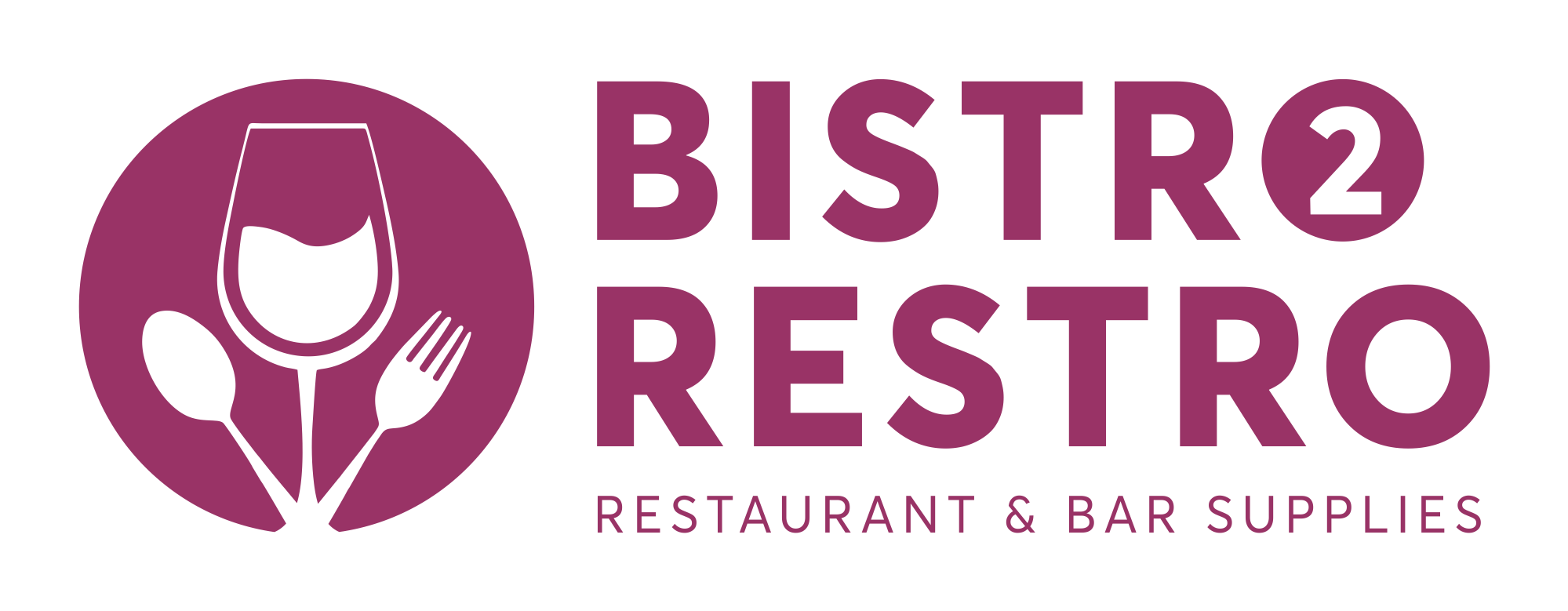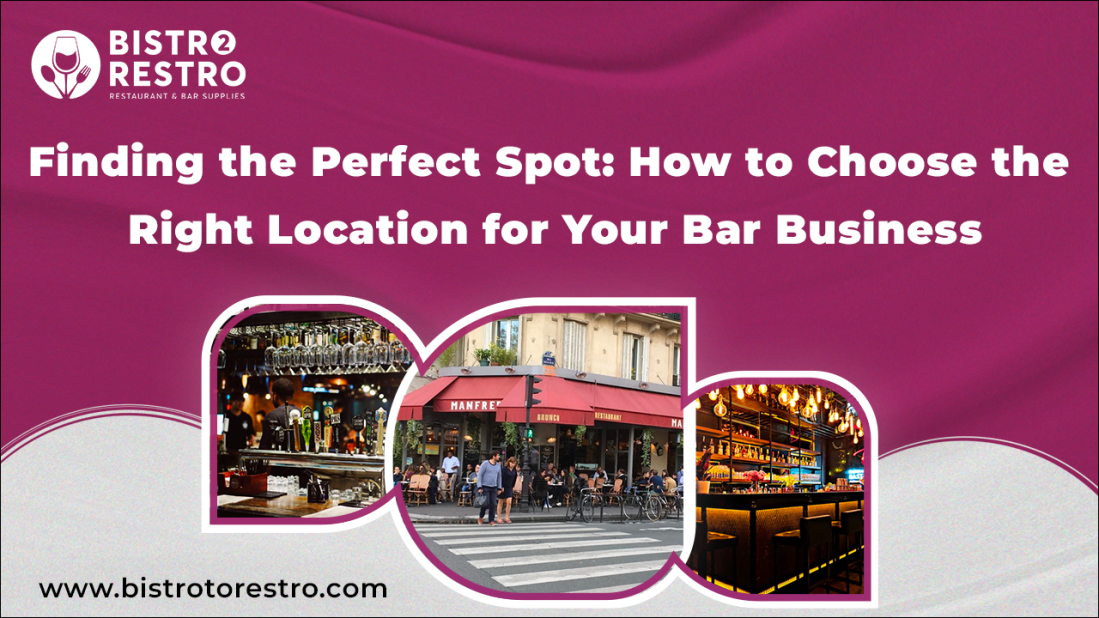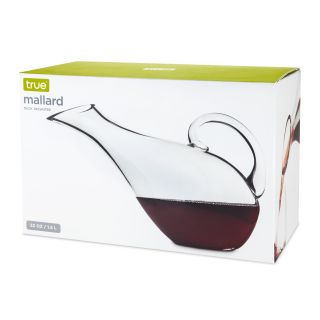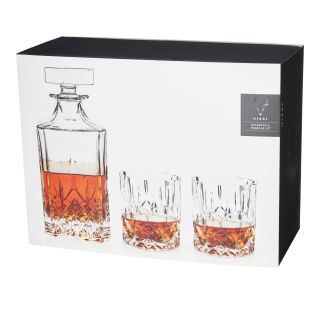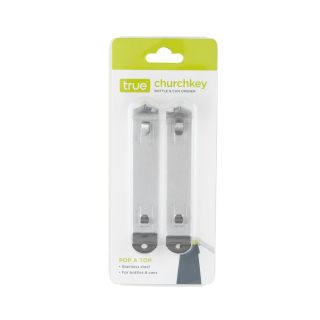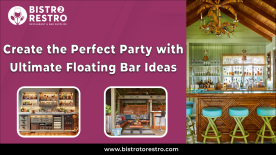Starting a bar business is an exciting venture, but one of the most crucial decisions you’ll make is selecting the perfect location. The right spot can drive foot traffic, boost brand visibility, and create a loyal customer base. However, choosing the wrong location can lead to financial strain and even failure. A successful bar business needs to consider a variety of factors, such as target audience, competition, accessibility, and costs. Whether you're envisioning a casual dive bar or an upscale cocktail lounge, finding the ideal location is essential to aligning your concept with the local market. In this guide, we'll walk you through key considerations to help you choose the perfect location for your bar business.
Why Is Location Important for Your Bar Business?
Where you choose to open your bar determines its ultimate success. A strategic location brings together numerous customers and creates visibility while attracting the perfect customer base. Your bar's location near other sought-after attractions increases the probability of people stopping by since they pass through that area. Your bar's position as well as its easy accessibility attracts greater volumes of potential customers who become regular visitors for both brief visits and longer night stays. A strategic location choice enables your bar to differentiate itself from competitors in the market and gain market dominance.
A bar concept must align with the environment of the surrounding area because location determines how your establishment feels to guests. A trendy craft cocktail bar will succeed best in an artistic urban setting, yet a sports bar should choose its location near college campuses or stadiums to draw more clients. Developing a successful customer base and maintaining steady client flow depends heavily on understanding your audience and recognizing the attributes of your business area. When your bar picks the correct location, it serves as the base to establish its brand identity and drive lasting growth.
For more insights check out our article Mastering the Art of Running a Successful Bar to learn more about optimizing your bar's operations.
What Are the Key Factors to Consider When Selecting a Location for Your Bar?
The selection of an appropriate bar location stands as a fundamental factor for achieving sustainable business success. Your bar's performance will be influenced by several important elements, which include:
Target Audience: Knowing the population statistics of the area represents a fundamental requirement. Your bar must serve either young professionals or college students or a more mature demographic. Select a site that matches the lifestyle preferences of your intended customer base.
Visibility and Foot Traffic: A location that maintains high visibility to passing customers while receiving steady traffic flow works best for attracting impulsive customers. A strategic position adjacent to busy streets in addition to entertainment venues and restaurants, creates better opportunities for spontaneous walk-in business.
Competition: The presence of multiple bars like yours in the area requires a careful evaluation to determine if entering this market is wise. Your unique bar concept will thrive better in an environment with other nearby bars because it creates a dynamic nightlife district.
Accessibility and Parking: A convenient location with plenty of parking spaces and accessible by public transportation and walking routes will draw customers from diverse backgrounds who avoid driving.
Cost and Lease Terms: Check that the rent payments fit your financial capacity and review the lease conditions to meet your future business objectives. High rent costs in prime locations may reduce profit margins; hence, deciding between cost and potential revenue is essential.
The selection of location factors will help you identify a spot that sets your bar up for success.
supplies
Check out our Guide to Restaurant Supplies to ensure you have all the tools you need to create the ideal bar environment for a successful setup.
How Do You Assess the Potential for Growth in a Specific Location?
The long-term success of your bar depends heavily on how well you evaluate the growth potential in a particular location. Analyzing factors helps you understand whether the area shows potential growth and your business will succeed in the future.
Economic Development: Study the economic developments that exist now and will occur in the future within the area. Check for indications of growth through new business openings and infrastructure improvements, and better public service delivery. The area's revitalization efforts will transform it into a dynamic center that will attract people in the upcoming years.
Population Growth: Study the projected and current population statistics of the neighborhood. Your bar's sustainability depends heavily on a growing population because it creates new opportunities for customer acquisition. Monitor the changing population when younger people and wealthier residents relocate to the area.
Real Estate Trends: Examine property value increases because they signal growing space requirements in the area. A high demand for commercial properties indicates that more businesses, including bars, will succeed in the area.
Local Development Projects: Confirm the existence of upcoming development initiatives that include new shopping centers and office buildings along with transportation hubs. The projects will draw additional customers to your location while improving its desirability.
Nearby Attractions and Landmarks: The distance from your bar to concert venues, theaters, and sports stadiums should be factored into your location decision. Bars situated near significant landmarks draw increased customer flow because they serve as pre- or post-event destinations for visitors.
Community networks thrive when local businesses collaborate with active neighborhood organizations, creating better networking opportunities. Your bar will benefit from a supportive community that serves as a reliable customer base.
What Are the Risks of Choosing the Wrong Location?
Selecting an inappropriate bar location creates multiple obstacles that block your business growth and profit potential, thus impacting its long-term achievement. Proper evaluation of these risks helps you become well-informed before making your choice.
Low Foot Traffic: A location with low traffic counts will prevent customers from discovering your business, which makes attracting customers difficult. The best marketing strategies will fail to generate customer flow when the business location is difficult to reach or hidden from view.
High Operating Costs: Rent rates at outstanding locations tend to be exorbitant alongside maintenance expenses, which will ultimately reduce your overall profit. A lack of patronage forces the high costs to build your business into a dangerous situation that endangers its financial stability.
Weak Customer Base: A location mismatch with your target audience demographics will result in poor customer attendance at your establishment. Your bar will face difficulties in building customer loyalty when the local population does not match your business concept.
Intense Competition: The presence of numerous competing bars in the same market area reduces your ability to differentiate from other businesses. A bar that lacks distinctive features will struggle to attract new customers because they will not see any compelling reason to visit.
Accessibility Issues: Potential customers will avoid visiting your establishment when they encounter accessibility problems such as difficult location or insufficient parking and public transportation options. The location becomes less attractive to customers who avoid visiting and returning.
Selecting an inappropriate location for your bar will create financial problems while reducing customer interaction, which leads to business failure. Careful examination of all elements will help in preventing these risks.
How Do You Evaluate Competitors in a Potential Location?
The evaluation of local competitors helps businesses understand market conditions to determine their potential for success in a specific area. You should evaluate competition through this process:
Identify Direct and Indirect Competitors: Begin by recognizing direct competitors who operate bars and pubs with similar concepts and indirect competitors who include restaurants and cafes that serve alcohol. The complete understanding of competition enables you to determine market saturation levels and identify specific opportunities for your bar.
Analyze Competitor Performance: Observe the customer flow at rival bars while studying their target audience and general level of popularity. Log important details about their busiest times during the day and pricing scheme along with the combination of services and standard of customer service. Your observations of competing bars will reveal their advantages and limitations which enables you to develop a strategic position for your bar.
Assess Differentiation Opportunities: Study the special elements that separate your competitors from others then look for open areas in their service range. A bar needs to create unique features such as special drinks or entertainment or atmosphere to establish its market position. A unique selling point will draw customers away from other bars where they currently spend their time.
Consider Customer Feedback: Review what customers and social media audiences mention about competing businesses through digital sources. Your analysis of competitor strengths and weaknesses helps you identify ways to deliver superior service, which will draw their customers to your establishment.
The process of complete competitor analysis enables you to make strategic decisions that boost your bar's success in competitive markets.
Also, check out our Top Bar Trends to understand current market trends and customer preferences.
Your bar's success depends heavily on choosing an appropriate location among all available options. Your selection of an appropriate location depends on understanding your target customers while evaluating competition levels and visibility factors and assessing future growth potential to match your bar’s concept with a location that will boost profitability. Your business will face financial difficulties and progress obstacles when you select an inappropriate location that leads to low customer traffic and elevated costs and diminished customer interaction. Doing proper research together with careful planning enables you to prevent common mistakes, which ensures your bar's sustained success. A location's perfect status depends on finding a spot that combines accessibility with market demand and growth potential rather than simply being located in a busy area. A thorough evaluation of every aspect in a potential location will help you establish a thriving bar business that draws customers and proves its durability.
Finding the perfect spot for your bar business starts with BistroToRestro—where vibrant ambiance meets exceptional accessories and tools to set up in a prime location. We offer premium bar accessories for creating lasting memories over delicious food and drinks. Choose BistroToRestro for a dynamic, unforgettable experience in the heart of the action!
FAQs
How important is location for a bar?
The place or building itself is crucial when choosing a location for a bar. For example, the size and layout of the space are determined if it can accommodate your bar concept.
How profitable is a small bar?
On average, most bars will run around 10-15% profit margins. It's important to keep in mind that these are averages, not the rule of law. Some bars will run closer to 18-20% in profit margins,
What type of bars make the most money?
Some of the most profitable bar ideas include sports bars, craft beer bars, wine bars, and cocktail bars
